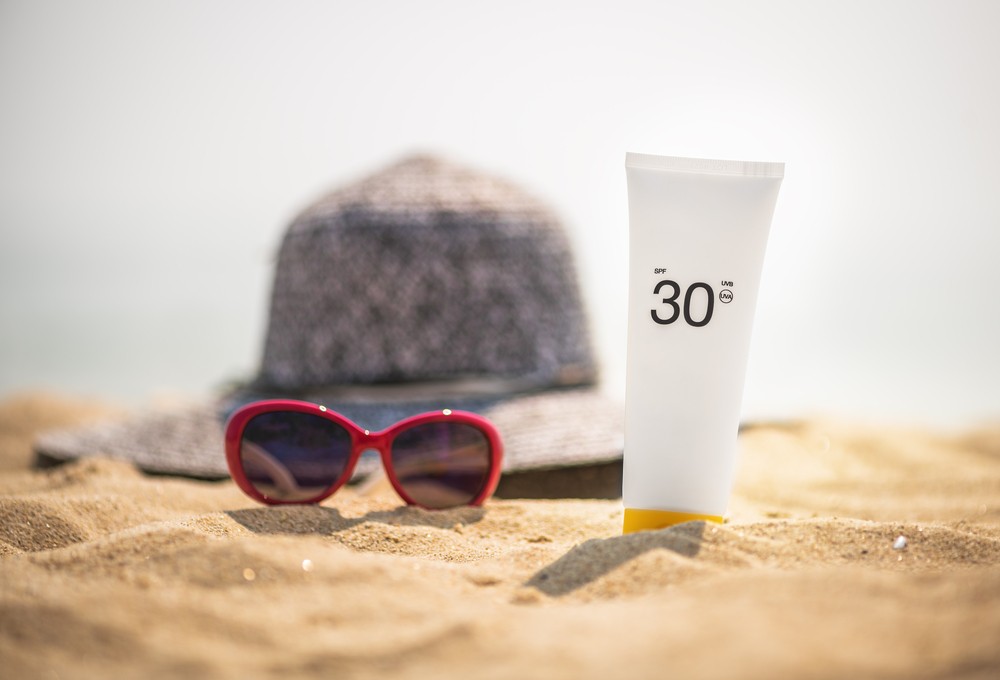Popular Reads
Top Results
Can't find what you're looking for?
View all search resultsPopular Reads
Top Results
Can't find what you're looking for?
View all search resultsHong Kong research warns of sunscreen health risks
Change text size
Gift Premium Articles
to Anyone
N
ew research in Hong Kong has found that UV filters commonly used in sunscreen are polluting surrounding waters and could endanger human health, one of the city’s leading universities said .
An “extensive amount” of seven common UV filter chemicals was found in Hong Kong seawater as well as in fish, shrimps and mussels on aqua-farms, scientists from Hong Kong Baptist University told reporters.
“The effect of these contaminants passing along the food chain to humans and the long-term impact on human fertility cannot be neglected,” said Dr Kelvin Leung, who led the research.
Tests performed on zebrafish, which share a similar genetic structure to humans, showed the polluted water caused abnormalities and a higher mortality rate in the fish’s embryos as the chemicals entered the food chain.
The university described the study as a world-first in identifying the harm caused by a combination of polluting chemicals in sunscreen. Researchers said they would conduct further tests to learn more about the effects of UV filters on the human body.
The chemicals tested on the zebrafish study included octocrylene (known as OC), benzophenone-3 (known as BP-3) and ethylhexyl methoxycinnamate (known as EHMC), which were found to be the most abundant types of chemical UV filters in Hong Kong waters.
Read also: Five things to notice when purchasing sunscreen
The European Union’s International Chemical Secretariat has already established BP-3 as a threat to human health and called for it to be replaced with another, safer ingredient. Dr Leung added that these chemicals can accumulate in the human body and cannot be dissolved or diluted simply by drinking water.
There is growing international concern over the polluting effects of sunscreen. Hawaii signed a bill in July to ban sunscreens containing chemicals harmful to coral reefs, which will take effect from 2021. But the ban raised concerns that it may deter consumers from using sunscreen to protect their skin from cancer.
Leung called for more regulations on the use of chemicals in personal care products and recommended consumers use mineral-based sunscreens such as titanium dioxide and zinc oxide, or wear sun-protection clothing.











